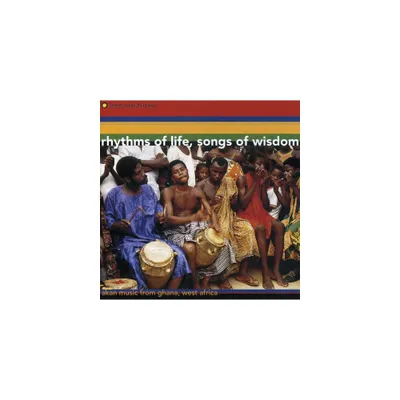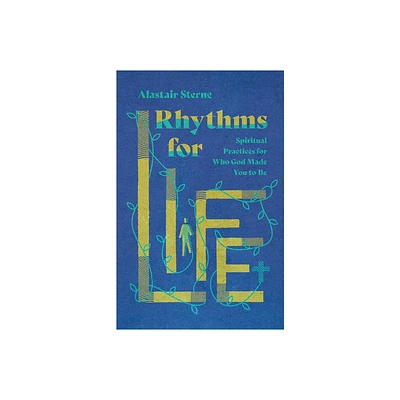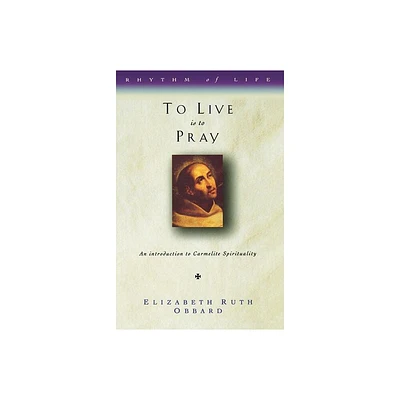Home
Rhythm of Life
Loading Inventory...
Barnes and Noble
Rhythm of Life
Current price: $19.99


Barnes and Noble
Rhythm of Life
Current price: $19.99
Loading Inventory...
Size: OS
*Product Information may vary - to confirm product availability, pricing, and additional information please contact Barnes and Noble
Paul Haig
's first solo album proper, after a series of tentative singles and explorations, including what later surfaced as the
Swing
EP,
Rhythm of Life
is something of a strained effort, finding
Haig
coming to grips with his dancefloor aspirations but not quite hitting the bullseye. Possibly due to his working with a major label for the first time, possibly due to simply trying to aim for something higher than the cult fascination he had created in
Josef K
,
's efforts generally come across as perfectly functional rather than uniquely memorable.
Duran Duran
/
Thompson Twins
producer
Alex Sadkin
was easily one of the producers of the moment, but his work here was so in the moment that it almost instantly dates, being a series of obvious early eighties polished funk-pop moments that are occasionally songs rather than elements.
did write nearly everything on the album but he often sounds like a guest on his own record -- the exception, besides his singing, being his recognizable guitar parts, though often that's buried in the arrangements. His voice frankly sounds unpleasant as well -- the nagging of the title
"Never Give Up (Party, Party)"
hardly invites -- while
"Justice,"
the strongest song on the album, comes far too little and too late at the end. The appearance of such figures as
Bernie Worrell
and
Anton Fier
speaks of a solid professionalism and that's exactly what the music got -- no less, but no more either, outside of moments like the doom-laden whoosh on
"Stolen Love."
Perhaps the most memorable thing about the album is the name, which later became that of
's continuing imprint, while
's abilities in performance and songwriting received much better showcases on later records. LTM's 2004 reissue includes the
New York Remix
EP, containing five of the songs from the album in the form they were issued in the US -- they're slight improvements at points but not by much. ~ Ned Raggett
's first solo album proper, after a series of tentative singles and explorations, including what later surfaced as the
Swing
EP,
Rhythm of Life
is something of a strained effort, finding
Haig
coming to grips with his dancefloor aspirations but not quite hitting the bullseye. Possibly due to his working with a major label for the first time, possibly due to simply trying to aim for something higher than the cult fascination he had created in
Josef K
,
's efforts generally come across as perfectly functional rather than uniquely memorable.
Duran Duran
/
Thompson Twins
producer
Alex Sadkin
was easily one of the producers of the moment, but his work here was so in the moment that it almost instantly dates, being a series of obvious early eighties polished funk-pop moments that are occasionally songs rather than elements.
did write nearly everything on the album but he often sounds like a guest on his own record -- the exception, besides his singing, being his recognizable guitar parts, though often that's buried in the arrangements. His voice frankly sounds unpleasant as well -- the nagging of the title
"Never Give Up (Party, Party)"
hardly invites -- while
"Justice,"
the strongest song on the album, comes far too little and too late at the end. The appearance of such figures as
Bernie Worrell
and
Anton Fier
speaks of a solid professionalism and that's exactly what the music got -- no less, but no more either, outside of moments like the doom-laden whoosh on
"Stolen Love."
Perhaps the most memorable thing about the album is the name, which later became that of
's continuing imprint, while
's abilities in performance and songwriting received much better showcases on later records. LTM's 2004 reissue includes the
New York Remix
EP, containing five of the songs from the album in the form they were issued in the US -- they're slight improvements at points but not by much. ~ Ned Raggett


















